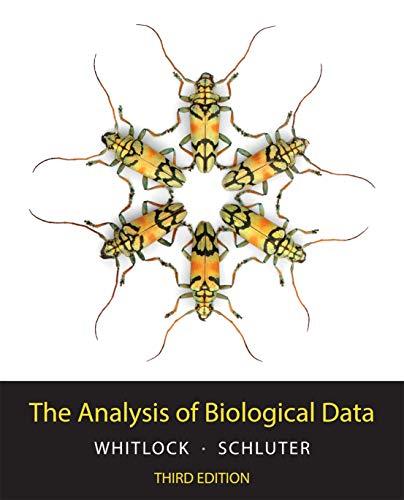Medical diagnostic tests have sensitivity and specificity. The sensitivity of a test for a given medical condition
Question:
Medical diagnostic tests have “sensitivity” and “specificity.” The sensitivity of a test for a given medical condition is the proportion of all afflicted individuals (i.e., those who have the condition) for whom the test gives a positive result (i.e., the test indicates they indeed have the condition). The specificity is the probability that a person not afflicted with the disease gets a negative result from the test. In other words, both the sensitivity and the specificity give the probabilities that the test gives the correct result to patients who have and do not have the condition, respectively.
a. Refer to the rapid HIV test in Practice Problem 14. What is the sensitivity of this HIV test?
b. What is the specificity of this HIV test?
Practice Problem 14.
Rapid HIV tests allow for quick diagnosis without expensive laboratory equipment. However, their efficacy has been called into question. In a population of 1517 tested individuals in Uganda, 4 had HIV but tested negative (false negatives), 166 had HIV and tested positive, 129 did not have HIV but tested positive (false positives), and 1218 did not have HIV and tested negative (Gray et al. 2007). Assume that these proportions represent the probabilities of the corresponding outcomes.
Step by Step Answer:

The Analysis Of Biological Data
ISBN: 9781319226237
3rd Edition
Authors: Michael C. Whitlock, Dolph Schluter





